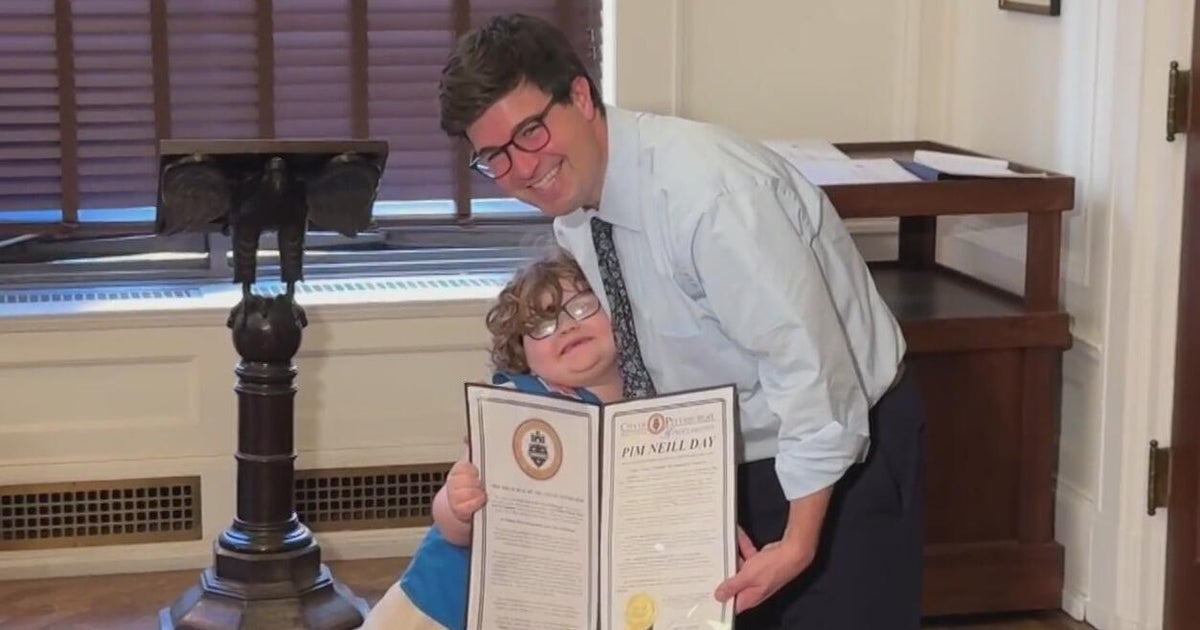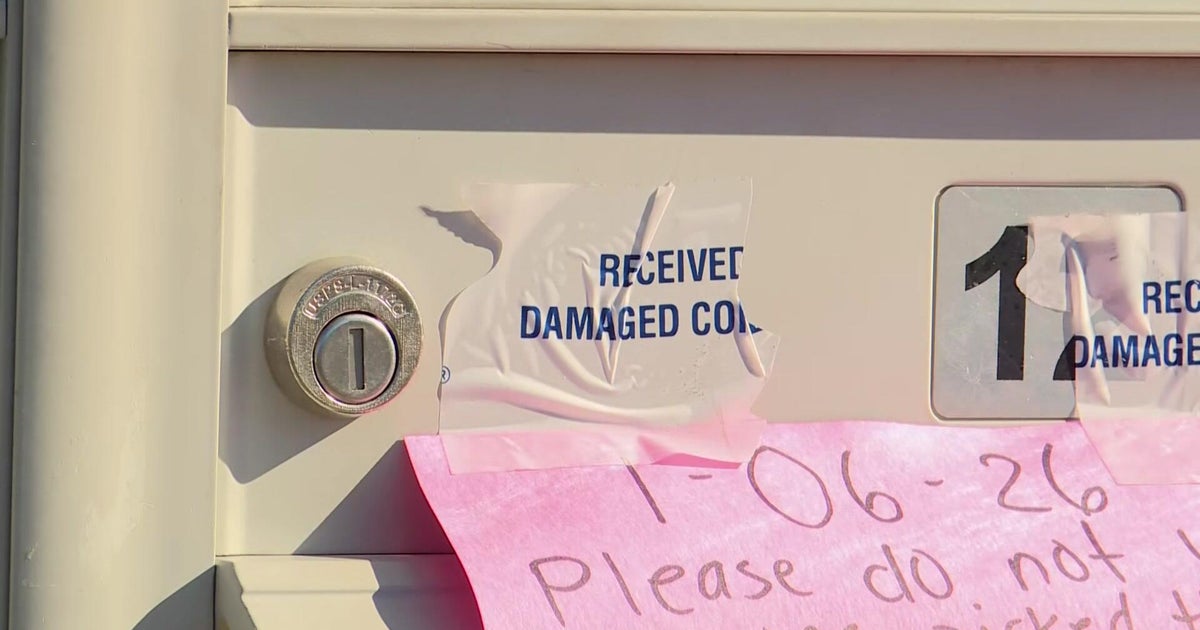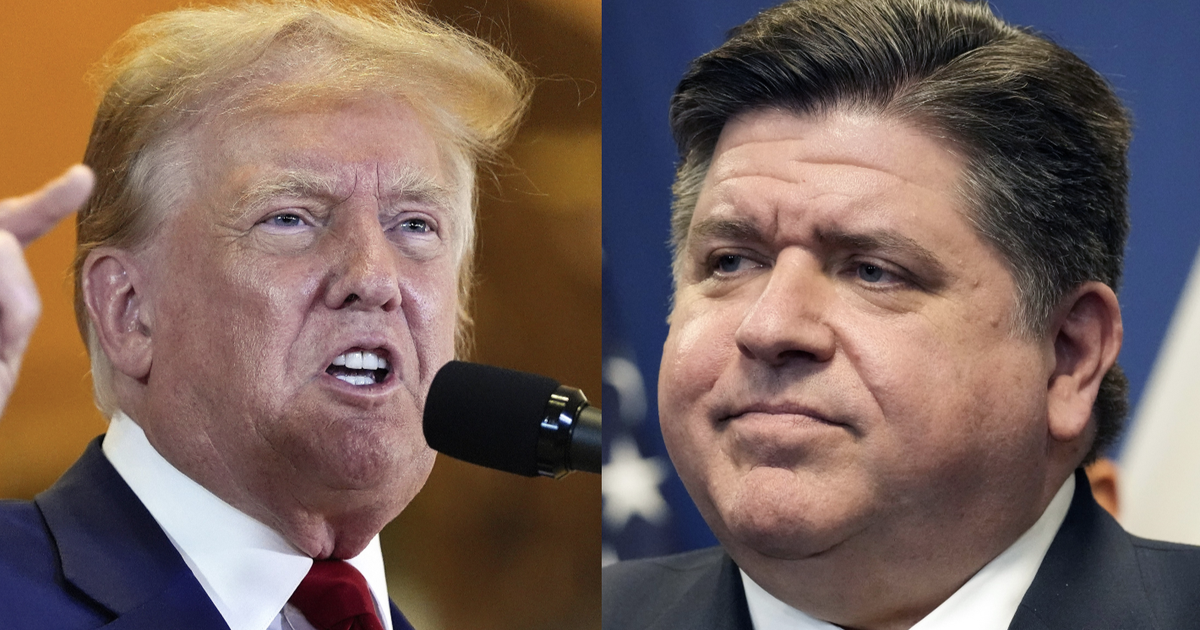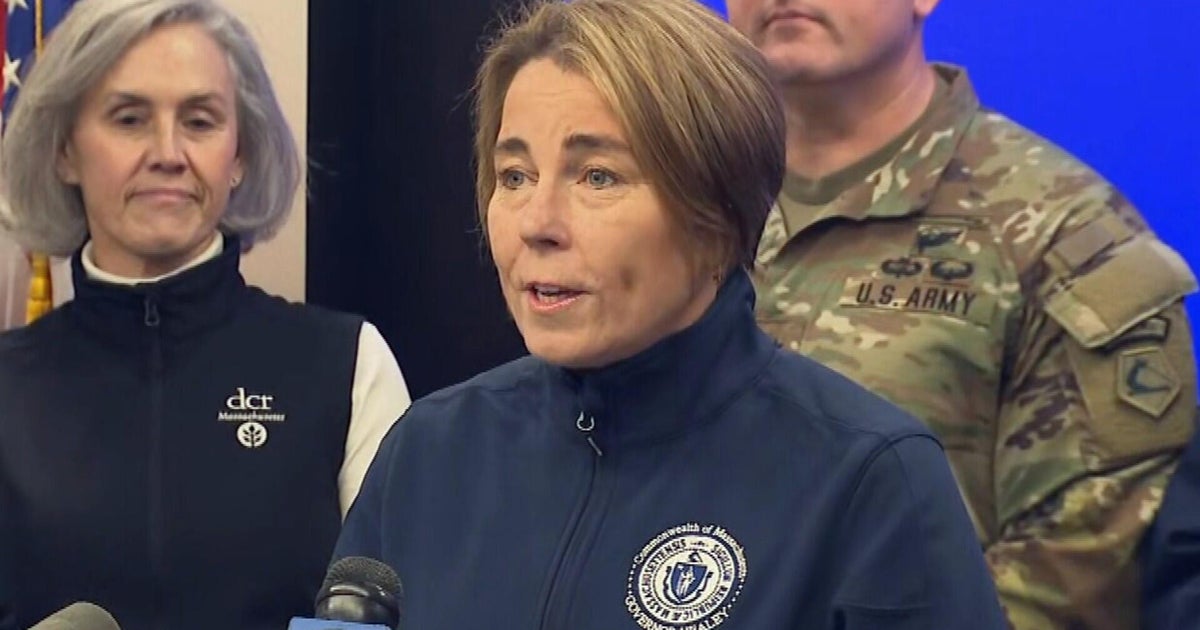Walker Broke Campaign Pension Promise
MADISON, Wis. (AP) -- Wisconsin Gov. Scott Walker, who forced public workers to pay more for their pensions as part of a push to curb union rights, broke his campaign promise to pay the full cost of his state pension immediately after taking office in January.
The Associated Press requested copies of the governor's pay stubs to see if he had fulfilled the campaign promise he made in June 2010. Walker said then he would begin paying the cost immediately in order to lead by example since he was proposing all state employees do the same.
"As governor, I'll pay my share toward my retirement because everyone should pay their own way, including me," Walker said during the campaign.
Lt. Gov. Rebecca Kleefisch made the same pledge and also didn't pay as promised.
Walker's pay stubs provided Friday in response to the AP's open records request made in September had details about his pension payments redacted. But Walker's spokesman Cullen Werwie said the governor did not start paying the full cost until August, when the state law he pushed required elected officials and other state employees to contribute more.
The requirement that state workers pay their 5.8 percent contribution was part of Walker's bill that also took away nearly all collective bargaining rights from most public employees. The fight over that measure resulted in protests as large as 100,000 people, led to all 14 Democratic state senators fleeing to Illinois to block the bill, and made Wisconsin the center of the fight over union rights.
If Walker had fulfilled his campaign promise, he would have been paying his pension costs during that fight in February and March.
Werwie did not have an explanation for why Walker didn't pay until the law forced him to. The law required Walker and other elected officials to make payments of 6.65 percent of their salary starting in August. That goes up to 7.05 next year.
Over four years, that will result in Walker paying $34,108.
"Ultimately, we feel like we're fulfilling what our campaign pledge was," Werwie said.
But Walker didn't pay anything between January and August when the law kicked in. When asked how he could say the promise was fulfilled given that lack of payment for seven months, Werwie said, "that's a fair point to raise."
Had the governor paid 6.65 percent of his salary during that time, it would have cost him $5,600.
Democrats were beside themselves.
"You're asking people to do what you won't do," Democratic Party spokesman Graeme Zielinski said. "It shows you this is a person whose priorities are warped."
Democrats, unions and others plan to start collecting signatures in November to force a recall election of Walker next year.
"It is indefensible Scott Walker promised to live by these rules and then broke his word to Wisconsin," said Scot Ross, head of the liberal group One Wisconsin Now. "Scott Walker tore Wisconsin in two to pass these unnecessary changes and then tells us `Do as I say, not as I didn't."'
This isn't the first time Walker has run into trouble fulfilling promises related to his pension.
Immediately after winning election as Milwaukee County executive in 2002, Walker promised that any staff under his control would waive all salary and benefit increases enacted after 2000. But his opponent in 2004 revealed that Walker's staff had been taking a higher pension benefit for two years. Walker then asked the county board to reduce it.
Walker also promised to return $60,000 of his $130,000 annual salary as county executive, which he did every year until winning re-election in 2008 when he dropped it to $10,000 a year. Democrats said that amounted to a broken promise, but when Walker made his original pledge he never said how many years he would return $60,000 annually.
Walker also collected pension benefits based on his higher salary for two years before having it calculated based on the lower amount.
Kleefisch also promised during the campaign to pay her full pension cost, but she didn't start paying until August either.
"Just like Scott Walker, I'll pay my share of my pension, because everyone should pay their own way including me," Kleefisch told a tea party group in September 2010.
Her chief of staff Jeanne Tarantino did not explain in an email why Kleefisch didn't make the contribution starting in January as promised.
(© Copyright 2011 The Associated Press. All Rights Reserved. This material may not be published, broadcast, rewritten or redistributed.)







